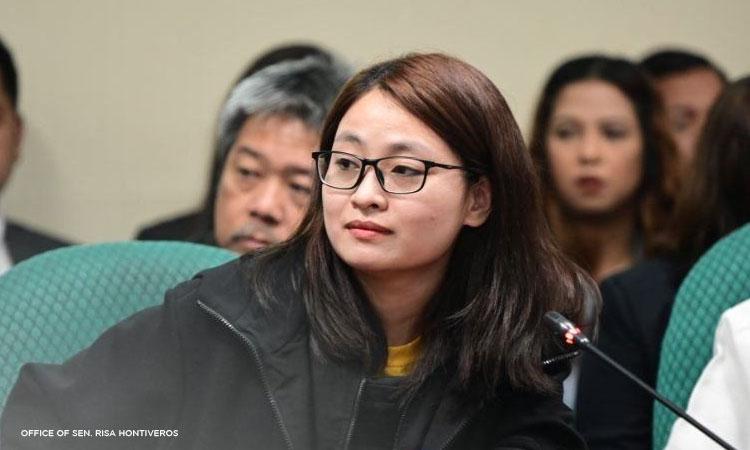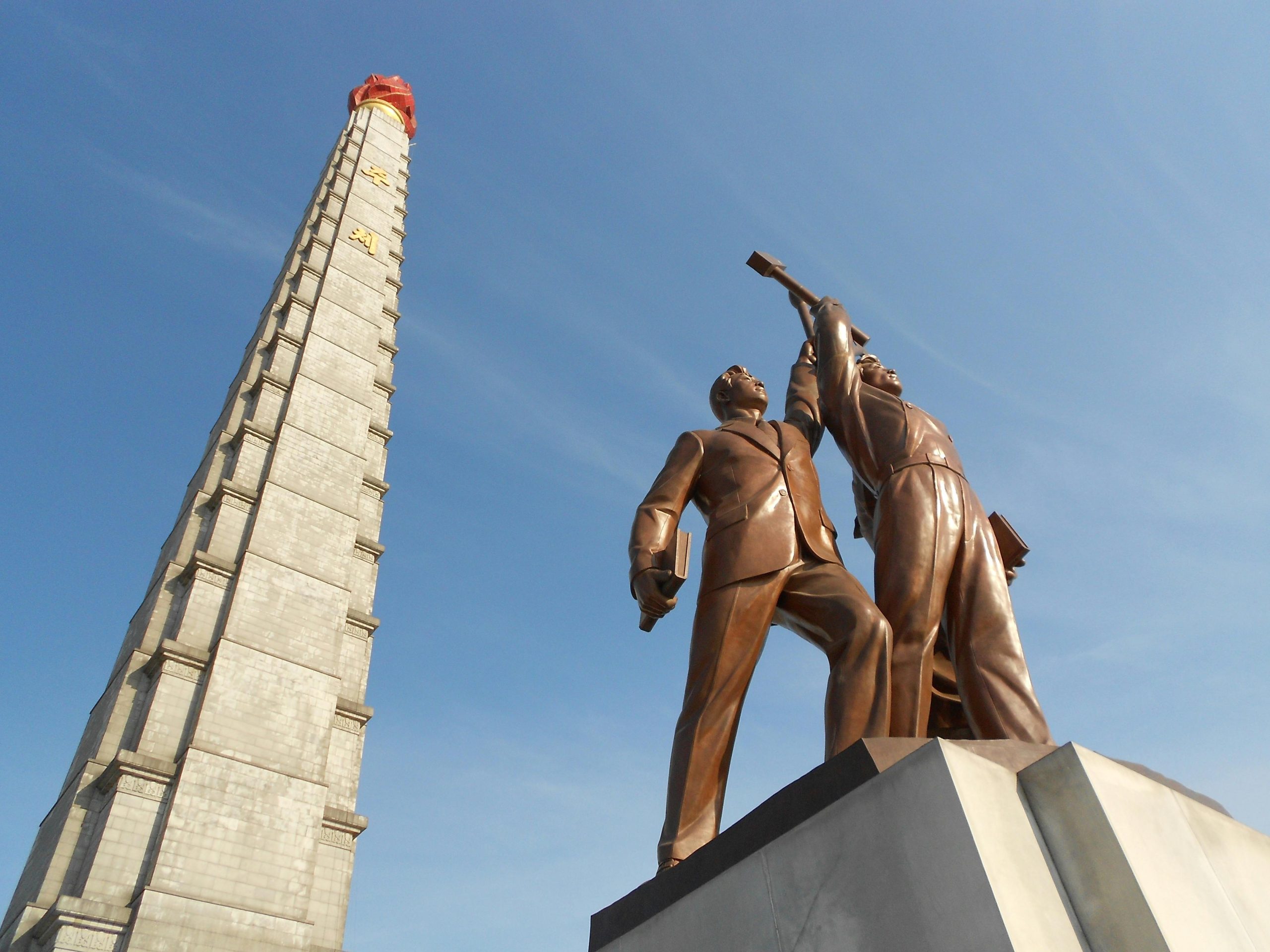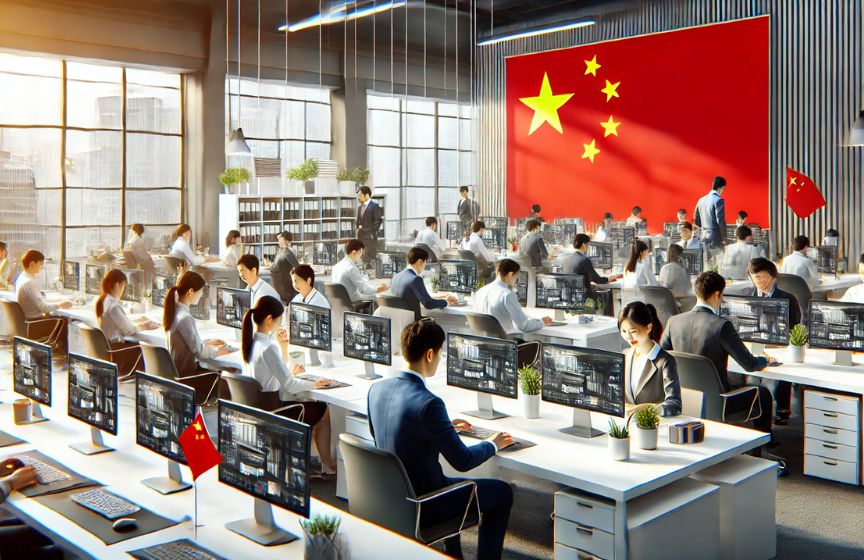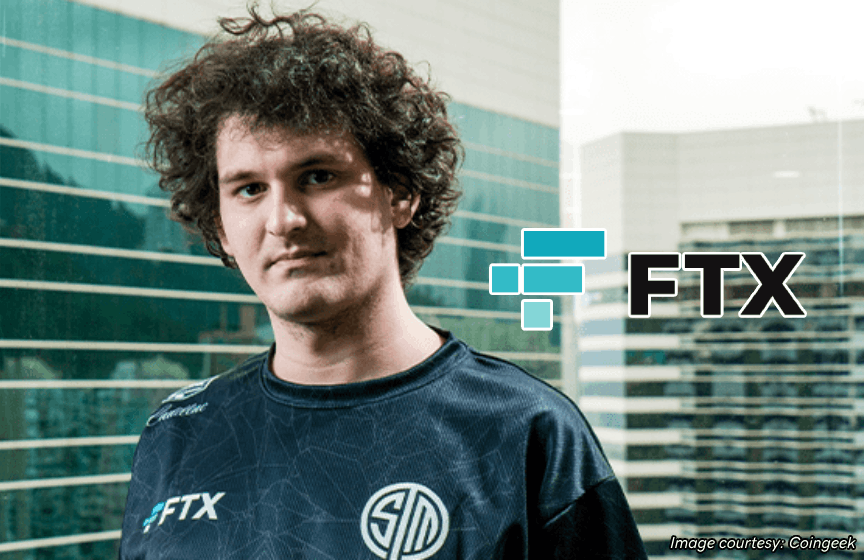Former Philippine mayor Alice Guo has been implicated in a major scandal involving the Atom Asset Exchange (AAX), which collapsed in 2022 after allegedly laundering and stealing customers’ crypto assets. Guo’s involvement adds to her ongoing trial related to human trafficking and fraud, shaking the nation.
In March, Guo was linked to a financial slavery operation located near her office in Bamban, a town north of Manila. Authorities found nearly 1,000 workers engaged in illegal gambling, targeting Chinese clients. Some of the workers were victims of human trafficking, forced to carry out scams like pig-butchering.
Baofu, the 20-acre site for the operation, was partly owned by Guo. During a raid, officials found a car and an electricity bill in her name. Secret tunnels from the site led to another property also owned by Guo. These discoveries raised suspicions, and further investigation revealed potential falsification of her Philippine identity, with evidence pointing to her being a Chinese national.
Senator Risa Hontiveros expressed concerns at a hearing, asking if Guo could be involved in espionage, money laundering, or human trafficking.
Read more: Memecoin Recommendation by Crypto Expert: FLOCK and PEPE
Ties to AAX Crypto Exchange
Further connections reveal that Baofu’s co-founder, Huang Zhiyang, was involved in another fraudulent business, Sun Valley Clark Hub Corporation. This company also forced trafficked victims into running crypto scams. The firm’s shareholder, Hanyip Limited, was connected to Wang Dingkai. Both businesses have ties to Chinese national Su Weiyi, believed to be behind the AAX crypto exchange.
Hong Kong police identified Su as the mastermind behind AAX, a now-defunct exchange that once served over 2 million users. He’s accused of fleeing with $2.15 million in crypto, though some claims suggest the amount stolen could be as high as $30 million.
Su ’s business associates, Lin Baoying and Zhang Ruijin, are linked to Singapore’s largest money laundering scandal. Zhang, also connected to Baofu, highlights the network of individuals involved in illicit activities across South East Asia.
As the case against Guo progresses, concerns of Chinese interference in the Philippines continue to grow, particularly in light of escalating tensions in the South China Sea. If found guilty, Guo could face over 1,200 years in prison. She denies all accusations.
This case underscores the rising threat of organized crime, human trafficking, and crypto fraud in the region.













Leave a Reply